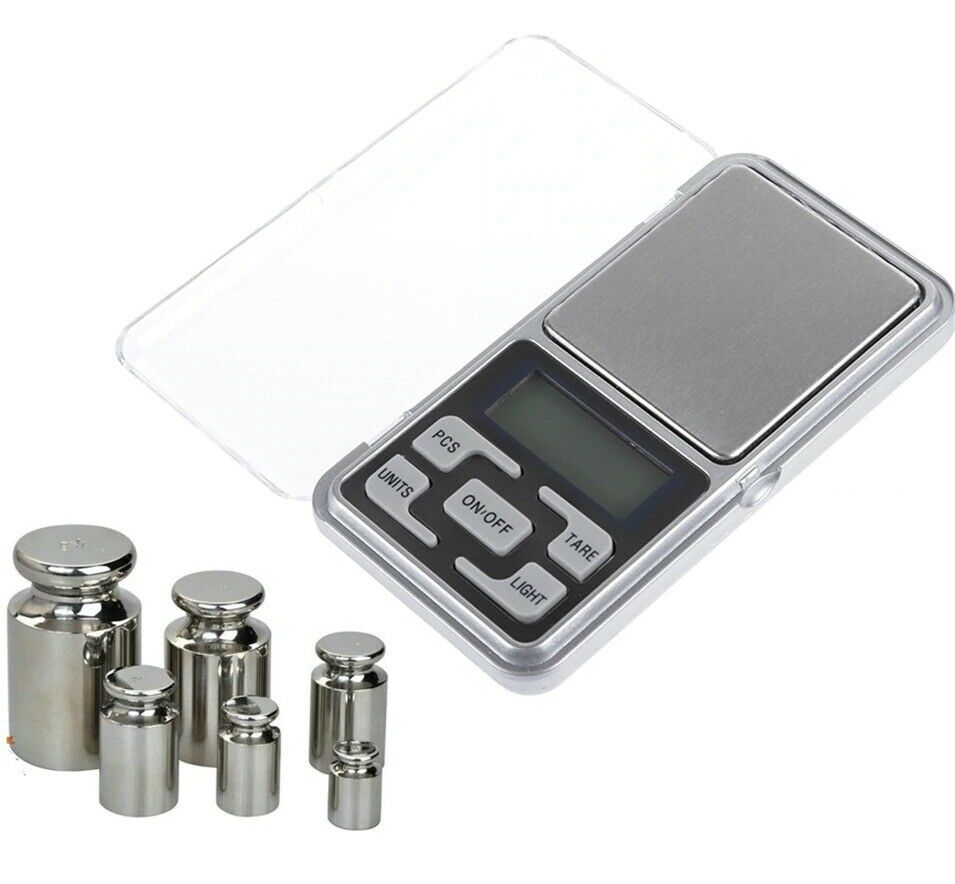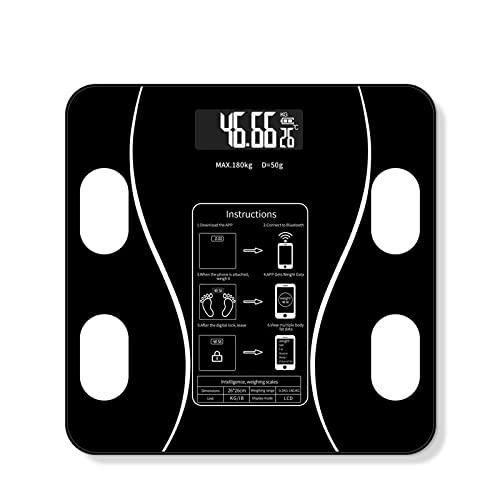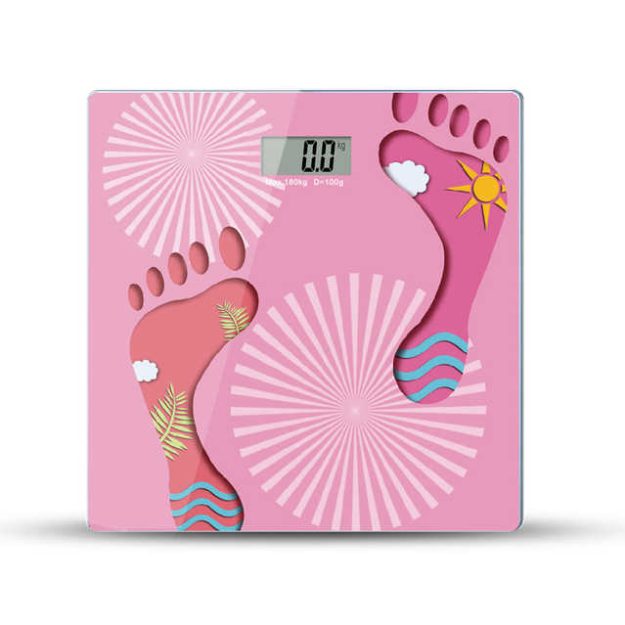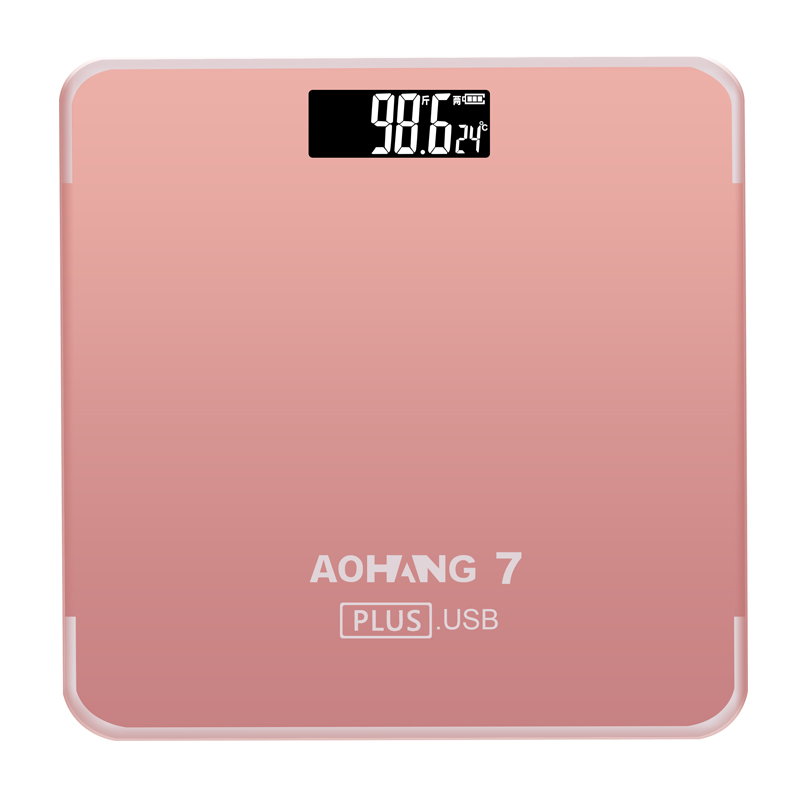Accurate Mineral Weighing scales. Accurate mineral weighing scales are crucial tools in a variety of fields including geology, mining, jewelry making, and scientific research.
These scales are designed to provide precise measurements of mineral samples, ensuring the highest level of accuracy and reliability.
This comprehensive overview will delve into the importance of accurate mineral weighing scales, the factors that influence their precision, the different types available, and tips for selecting the right scale for your needs.
Additionally, we will explore the leading brands in the market and provide insights into their offerings.
Importance of Accurate Mineral Weighing Scales
Accurate mineral weighing scales play a vital role in numerous applications where precise measurements are essential.
In geology and mining, they are used to determine the weight of mineral samples, which can provide critical data about the composition and value of the minerals.
Accurate scales ensure that precious metals and gemstones are weighed correctly, affecting pricing and value assessments.
In scientific research, precise measurements are necessary for experiments and analyses, where even slight inaccuracies can lead to significant errors in results.
Factors Influencing the Accuracy of Mineral Weighing Scales
- Precision and Sensitivity:
- The sensitivity of a scale is one of the most critical factors affecting its accuracy. High-precision scales can detect minute differences in weight, making them suitable for measuring small mineral samples with great accuracy.
- Calibration:
- Regular calibration is essential to maintain the accuracy of weighing scales. Scales that come with built-in calibration features or those that include calibration weights ensure consistent precision over time.
- Environmental Factors:
- Temperature, humidity, and air currents can affect the accuracy of mineral weighing scales. Scales designed to minimize these influences, such as those with environmental filters or stable weighing platforms, offer more reliable results.
- Build Quality:
- The materials and construction of the scale can impact its performance. High-quality materials like stainless steel and robust designs reduce wear and tear, contributing to sustained accuracy.
- Load Cells and Sensors:
- The quality of the load cells and sensors used in the scale determines its ability to provide accurate measurements. Advanced digital sensors and high-quality load cells enhance the precision of the scale.
Types of Accurate Mineral Weighing Scales
- Analytical Balances:
- These are high-precision scales capable of measuring very small weights with great accuracy. They are often used in laboratories and research facilities for detailed analysis.
- Precision Balances:
- Precision balances offer a good balance between accuracy and capacity. They are suitable for a variety of applications, including mineral weighing in both field and laboratory settings.
- Portable Digital Scales:
- These scales provide accuracy and convenience for fieldwork. They are lightweight, easy to carry, and offer sufficient precision for on-the-go measurements.
- Bench Scales:
- Bench scales provide a stable platform for weighing larger samples. They are ideal for laboratory and industrial use where both accuracy and capacity are required.
- Pocket Scales:
- Pocket scales are compact and portable, making them useful for quick and easy measurements in the field. While they offer good accuracy, they are generally less precise than analytical or precision balances.
Tips for Selecting Accurate Mineral Weighing Scales
- Determine Your Accuracy Requirements:
- Assess the level of precision needed for your specific application. Higher accuracy scales are more expensive but necessary for detailed measurements.
- Evaluate Capacity Needs:
- Consider the maximum weight you will need to measure. Ensure the scale can handle this capacity while maintaining accuracy.
- Consider Portability:
- Decide whether you need a portable scale for fieldwork or a bench scale for more stable measurements.
- Assess Durability:
- Choose a scale with robust construction if you expect to use it frequently or in rugged conditions.
- Check Calibration Features:
- Look for scales with built-in calibration features or that come with calibration weights to ensure ongoing accuracy.
- Set a Budget:
- Determine your budget and look for scales that offer the best combination of features and precision within your price range.
Leading Brands and Their Offerings
- Ohaus:
- Ohaus is known for producing high-quality precision scales. Their models range from portable scales to advanced analytical balances, offering accuracy and reliability for various applications.
- Mettler Toledo:
- Mettler Toledo is a leader in precision instruments. Their scales are renowned for their accuracy, durability, and advanced features, making them ideal for professional and industrial use.
- A&D Weighing:
- A&D Weighing provides reliable and accurate scales at various price points. Their range includes portable scales, precision balances, and analytical balances, catering to different needs and budgets.
- Sartorius:
- Sartorius scales are known for their high precision and advanced technology. They offer a range of analytical and precision balances suitable for detailed measurements in scientific research and industrial applications.
- Tanita:
- Tanita offers affordable and reliable scales, particularly in the portable category. They are known for their ease of use and good accuracy, making them popular for fieldwork.
Conclusion
Accurate mineral weighing scales are indispensable tools in fields that require precise measurements of mineral samples.
The accuracy of these scales is influenced by factors such as precision, calibration, environmental conditions, build quality, and the quality of load cells and sensors.
Various types of mineral weighing scales, including analytical balances, precision balances, portable digital scales, bench scales, and pocket scales, offer different levels of accuracy and capacity to meet specific needs.
When selecting a mineral weighing scale, it is crucial to consider your accuracy requirements, capacity needs, portability, durability, and calibration features.
Setting a budget and researching reputable brands can help you find the best scale for your application.
Leading brands like Ohaus, Mettler Toledo, A&D Weighing, Sartorius, and Tanita offer a wide range of accurate and reliable scales suitable for different purposes.
By understanding the importance of accuracy in mineral weighing scales and the factors that affect their precision, you can make an informed decision and choose a scale that provides reliable and accurate measurements for your specific needs.
We are located at University Plaza Room A18 Bombo Rd, Wandegeya – Kampala
For more details please contact us on ; +256 (0) 700225423
+256 (0) 787089315
Or email us at:[email protected]








